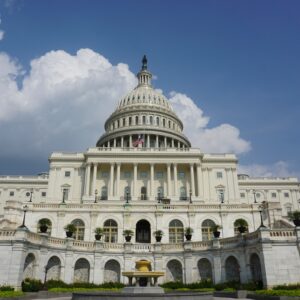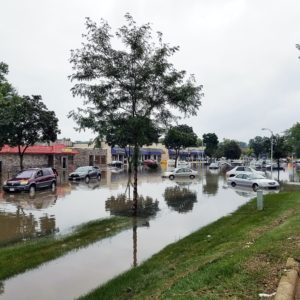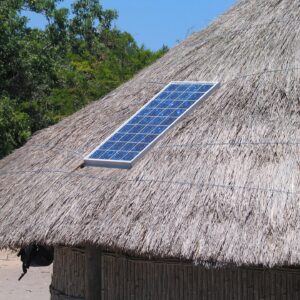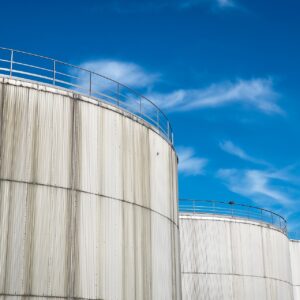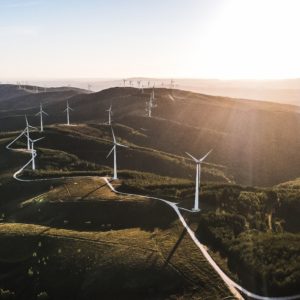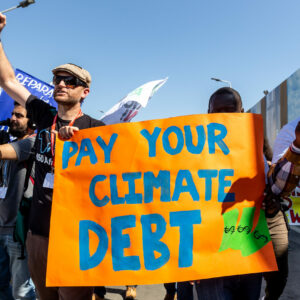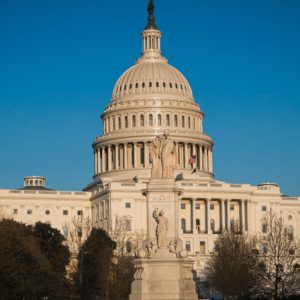Through reforms that empower the market to drive energy investment and innovation, energy companies will deliver affordable, reliable power to consumers while continuing to lead the world in emissions reductions.
Dream Homes and Disasters: Is the Government Ready to Confront Climate Risk?
Zak Colman of POLITICO explains how governments can more adequately confront climate risk. “FEMA is also weighing new regulations that would expand the federal floodplain, which could includeincreasing minimum requirements for elevating homes to reduce flood risk. Those rules could be a ‘game changer’ by requiring stricter building standards to reduce flood risk for hundreds...
Affordable, Reliable Energy is Needed to Curb Global Poverty, Climate Change
Poor countries must climb the economic ladder to flourish and protect themselves from climate change. This starts with access to reliable and affordable energy.
How the Jones Act exacerbates the US diesel shortage
"Wood Mackenzie’s Williams argues that there is a better way the administration could help relieve the diesel shortage in New York Harbor and put downward pressure on prices. 'The quickest way to ease the situation would be to waive the Jones Act for a month or two,' he says. 'If we could move more barrels around the US by sea, that would make a real difference.'"
Subsidies Won’t Fix the Energy Industry
"Energy subsidies are wasteful at best and cronyist at worst, and they don't even accomplish their stated aims. Policymakers should be removing the obstacles that keep creative entrepreneurs from developing cheaper alternatives, not giving specific products an unfair edge."
The Folly of Climate Reparations
When it comes to climate reparations, Biden and Kerry are pushing a plan that is neither enlightened nor wise. They are on the wrong side of history. Global development isn’t the problem; it’s the solution.
These three issues stand in the way of energy permitting reform
"Now, permitting reform is something that both parties can support. That’s because addressing climate change is less about blocking traditional energy projects and more about facilitating clean energy projects — everything from solar and wind to new powerlines, to advanced nuclear, to decarbonized natural gas, to geothermal, to new facilities to capture, move and store carbon dioxide. So, whether you’re a Republican or Democrat, and whether you care about energy costs, energy independence, energy innovation or greenhouse gas emissions, permitting reform helps you achieve your goals."
How Policymakers Can Boost Domestic Energy Security
By investing in next-generation energy innovation and reducing regulatory burdens, the United States can bolster its energy security while reducing future climate risks.
To Win on Climate Solutions and Reduce Energy Prices, Boosting Domestic Energy Supplies Is Key
"To achieve the energy security we all want and to win the fight on climate, the U.S. must increase energy supply by facilitating greater domestic natural gas and oil production. As leaders gather at COP27, they just remember that we can’t win on climate and stabilize gas prices without all options on the table."
The United States and Canada Share Critical Minerals Goals, but Different Critical Minerals
"Consider a situation where a Canadian copper producer sought to benefit from the laws, but would be barred from doing so because of the divergent lists. This could create a significant diplomatic challenge and a nasty trade dispute. Perhaps more importantly, such a challenge would undermine the West’s shared strategy to develop a secure, responsible clean energy supply chain."
